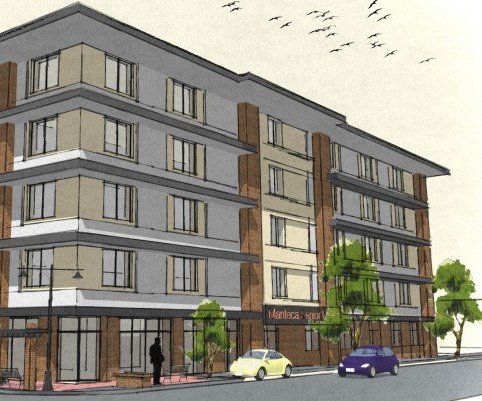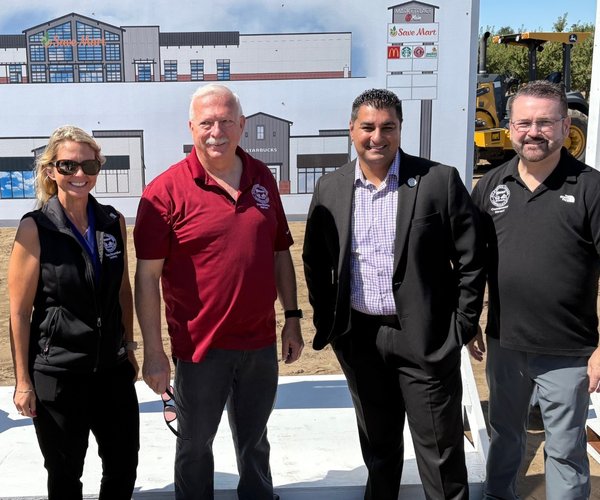As long as you don’t commit one of 13 violent felonies and the related subcategories, there is no chance of waiting in jail before appearing in court to answer to the charges against you for at least the next three months.
Even for crimes such as bringing an explosive onto an airplane, assaulting a correctional officer, or committing statutory rape, the process for the time being will be the same – a citation with a court date and a promise to appear in court.
That was the message on Tuesday from San Joaquin County Sheriff Pat Withrow – the day after he had to release almost 70 inmates from the San Joaquin County Jail to comply with the California Judicial Council’s latest directive intended to protect people from the COVID-19 virus while they are awaiting trial.
After more than a month of working tirelessly to ensure that COVID-19 stayed out of the jail facility he is charge of – a process that included encouraging deputies and other law enforcement officials of using discretion when deciding who to book and hold for a crime as a precaution – Withrow was forced to release dozens of inmates, some of whom he is all but certain will be back for a similar offense in the near future.
In less than a week his staff and a prosecutor from the San Joaquin District Attorney’s office had to comb through more than 900 case files to see which inmates met the criteria for release – a process that he said becomes a matter of public safety not just for his officers and the inmates currently incarcerated, but the general public who will now have a higher likelihood of interacting with repeat offenders.
“There is definitely a concern for the safety of the public,” Withrow said. “These are property crimes and the kinds of crimes that impact people’s lives immediately and it’s very upsetting.
“We’ve had officers that have put their own safety on the line to bring these people to justice and now they’re forced to watch them go back out onto the street with the promise to appear anywhere from 90 to 120 days from now – just out there running loose.”
While pressure mounted on law enforcement officials throughout the state to consider releasing non-violent offenders that were awaiting trial, Withrow stood firm by the belief that it was best for all involved that those who are facing jail time and an impending trial stay right where they are for the time being. With community transmission of the COVID-19 virus being active in San Joaquin County for almost a month, having those facing charges remain inside of a facility without any documented cases of the virus, Withrow believed, was safer for them and for the jail staff that sacrifices their safety to ensure that the public remains protected.
Considering the nature of the crimes that the individuals recently released were accused of, the likelihood of reoffending, Withrow said, was high – meaning that in the days or weeks between the release and what he believes in the inevitable apprehension, they’ve been actively interacting with people and potentially picking up the virus that they will then bring back into the facility.
Withrow said he fundamentally disagrees with the requirement from the Judicial Council because it shouldn’t be a one-size fits-all approach to something that varies from jurisdiction to jurisdiction.
Considering that a number of the inmates that met the criteria for release were impacted by mental health issues and chronic homelessness and the resources for those individuals is not readily available during the COVID-19 crisis, the safety of those individuals, Withrow said, didn’t appear to factor into the decision outside of their potential exposure to a virus that has not yet surfaced in the jail facility.
“We’re frustrated on our side because we take care of these guys and have done an excellent job of doing that,” Withrow said. “Obviously these are broken human beings that when they’re here, it’s our job to help them. Out there they aren’t getting any of the things – drug rehab, education, 3 meals every day, a place to sleep, a roof of their head – that they get when they’re here.
“I just think that if the State of California Judicial Council said, ‘Hey – if you have a problem with COVID-19 we’re going to do this’ it would have worked better than saying that everybody is going to do this no matter what.”
To contact reporter Jason Campbell email jcampbell@mantecabulletin.com or call 209.249.3544.






